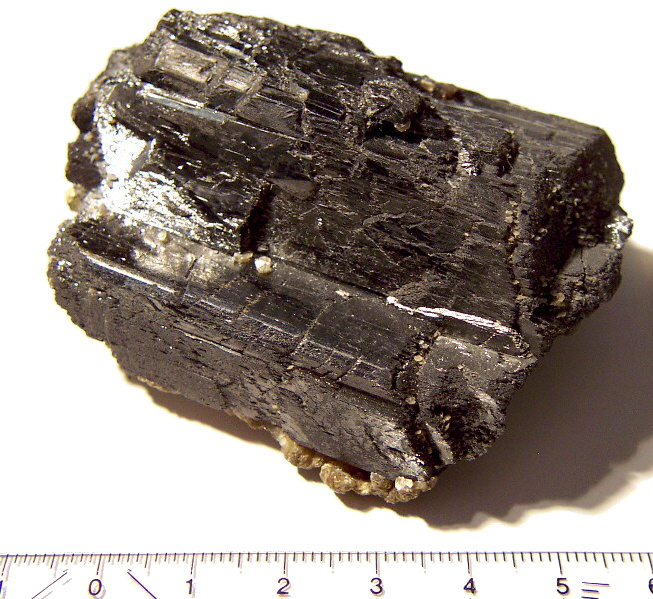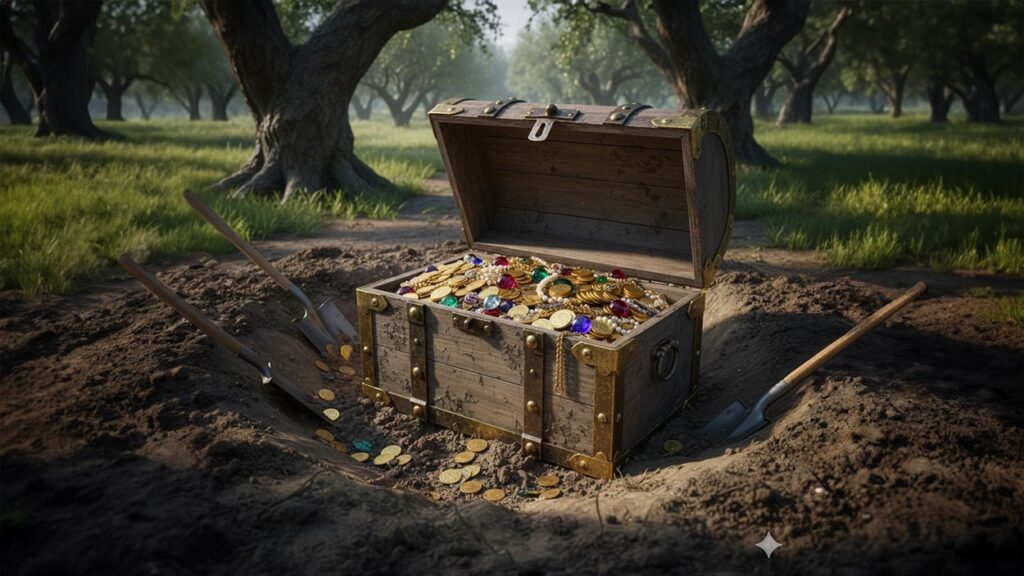During World War II, the Panasqueira Mines, located between Covilhã, Fundão, and Pampilhosa da Serram about 80 Km east of Coimbra, assumed a strategic role of great international importance as they mined tungsten, a rare metal extremely valuable to the war effort. Due to its heat resistance and hardness, tungsten was essential for the production of weapons, especially armour-piercing ammunition, tanks, and military machinery.
Portugal, a neutral country during the conflict, became the site of a silent struggle between the Allies and the Axis powers for control of this resource. The Panasqueira Mines, having being active since 1898, and under British management, supplied primarily Allied interests, however, Nazi Germany attempted to acquire Portuguese tungsten through intermediaries and front companies, thus intensifying the so-called “Tungsten War”. The diplomatic pressure was intense. The Allies sought to secure exclusive production rights to cut off supplies to Germany and faced with growing British and American demands, Salazar’s government ended up suspending tungsten exports to Germany, contributing to the weakening of the Nazi war effort.
This period also brought profound social transformations to the region. The increased demand generated an economic boom with an influx of workers and merchants, but also of speculators and smugglers. Life in the neighbouring villages was transformed, with increased incomes, but also social tensions and labour exploitation.
The Panasqueira Mines remain, to this day, an example of how a natural resource can influence the course of a global conflict. In neutral Portugal, an economic war was waged there that quietly contributed to the outcome of World War II.



